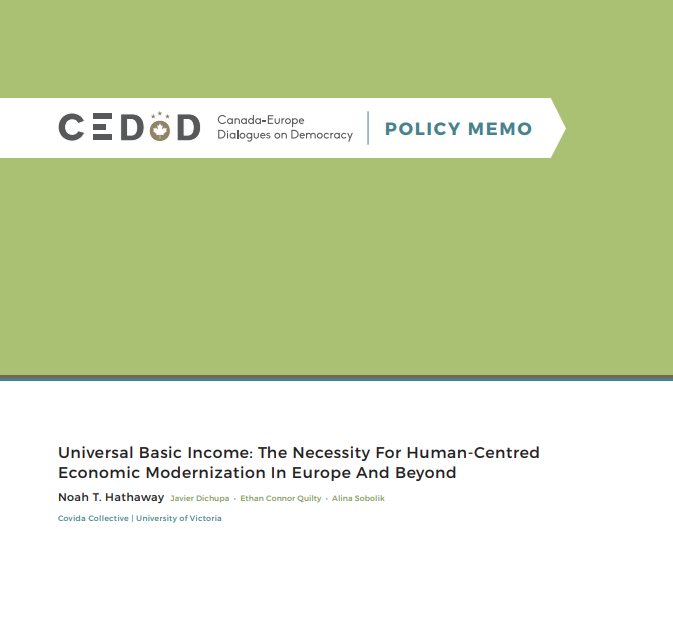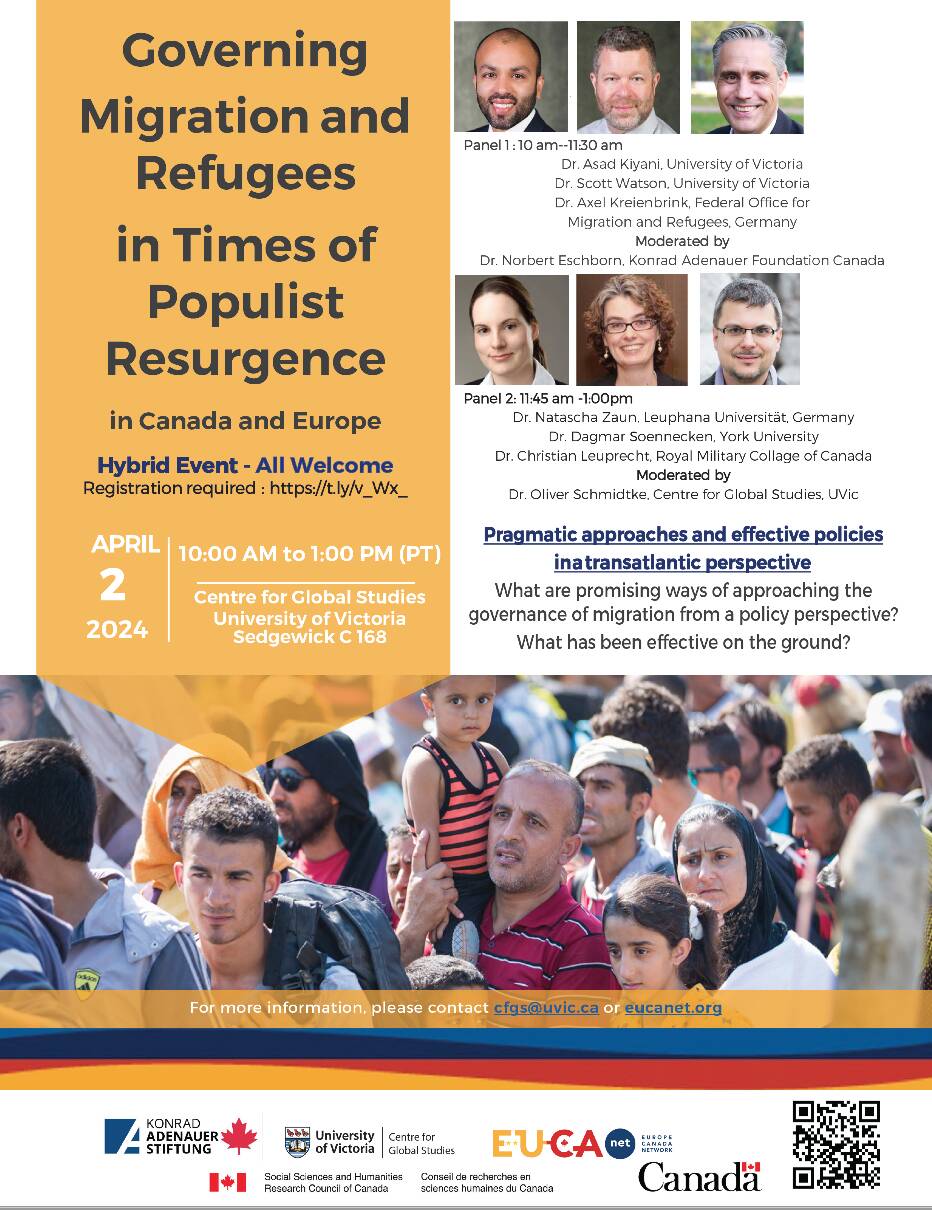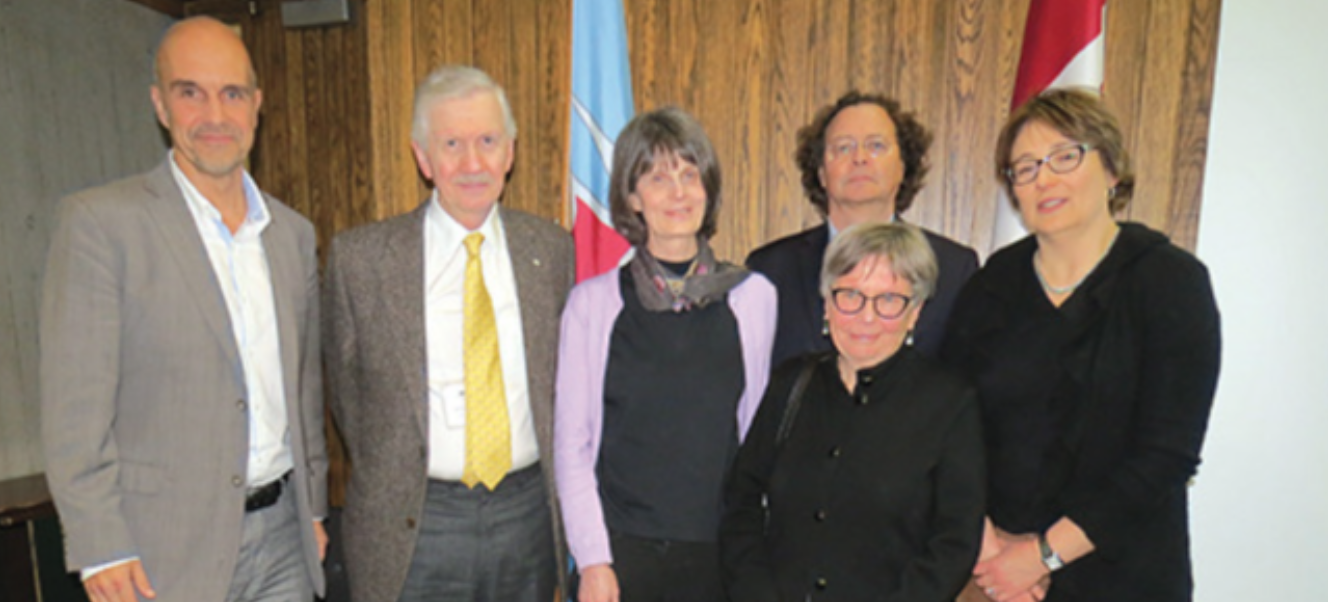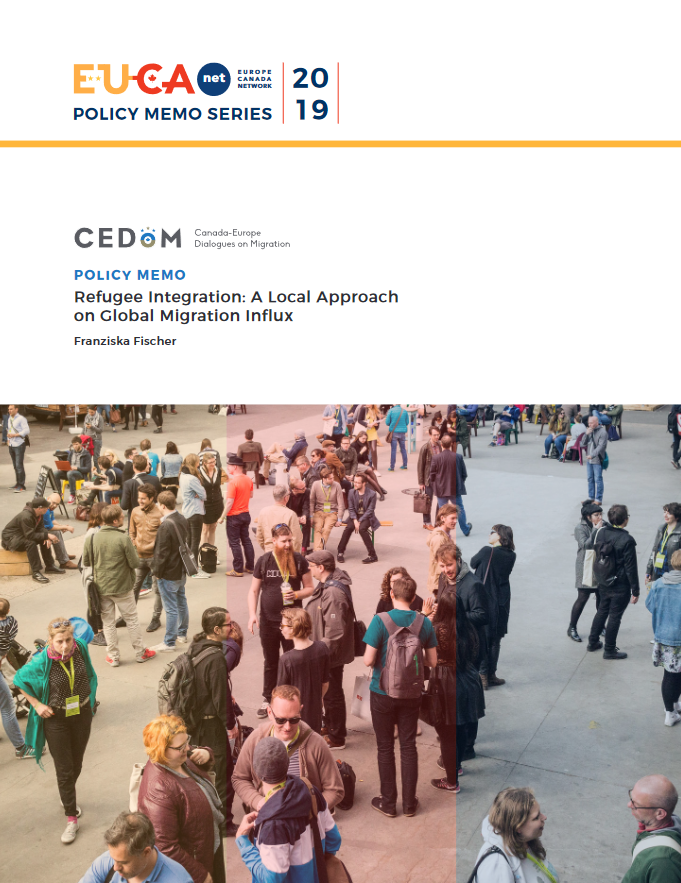Prof. David Owen: The refugee crisis and populism in Europe
In these videos, David Owen, Professor of Social and Political Philosophy within the School of Economic, Social and Political Sciences at the University of Southampton, reflects on how the issue of migration and the refugee crisis are connected to populism and he notes that people’s attitudes to migration are still very much filtered and shaped along rudely left/right axis. According to Owen “it is important to recognize the sense in which the centre-right parties and their migration policies laid the basis for the far right populist parties, creating the conditions that could be exploited by those parties”. Owen explains that while European centre-right parties typically have taken harder lines on migration and used it as a political issue to differentiate themselves from the liberal social-democratic side and attract voters, social democratic parties assumed a mixed attitude towards migration.
As for the EU’s response to the issue of migration, Owen stresses that solidarity is a fundamental value embedded in the treaties, but the lack of adequate institutionalization within the EU prevents or limits it. According to Owen, in dealing with the migration issue the EU has replicated the response it had given to the financial crisis; mass pressure has caused a return to national interests. The question, accordingly, is how to reform the EU in order to support solidarity and, in this case, how to reform the European common asylum regime with a view to support solidarity.
This video is part of the MSEUCA project and was produced as part of the event “‘Public Debates in Turbulent Times: Academia and Media”, which took place on 19-20 March ,2019 in Victoria, BC. MSEUCA stands for Communication and Media Strategies for EU experts in Canada. This project is co-funded by the Erasmus+ Jean Monnet Action of the European Union and the Centre for Global Studies, University of Victoria. The European Union support for the production of publications does not constitute an endorsement of the contents which reflect the views only of the authors, and cannot be held responsible for any use which may be made of the information contained therein.









